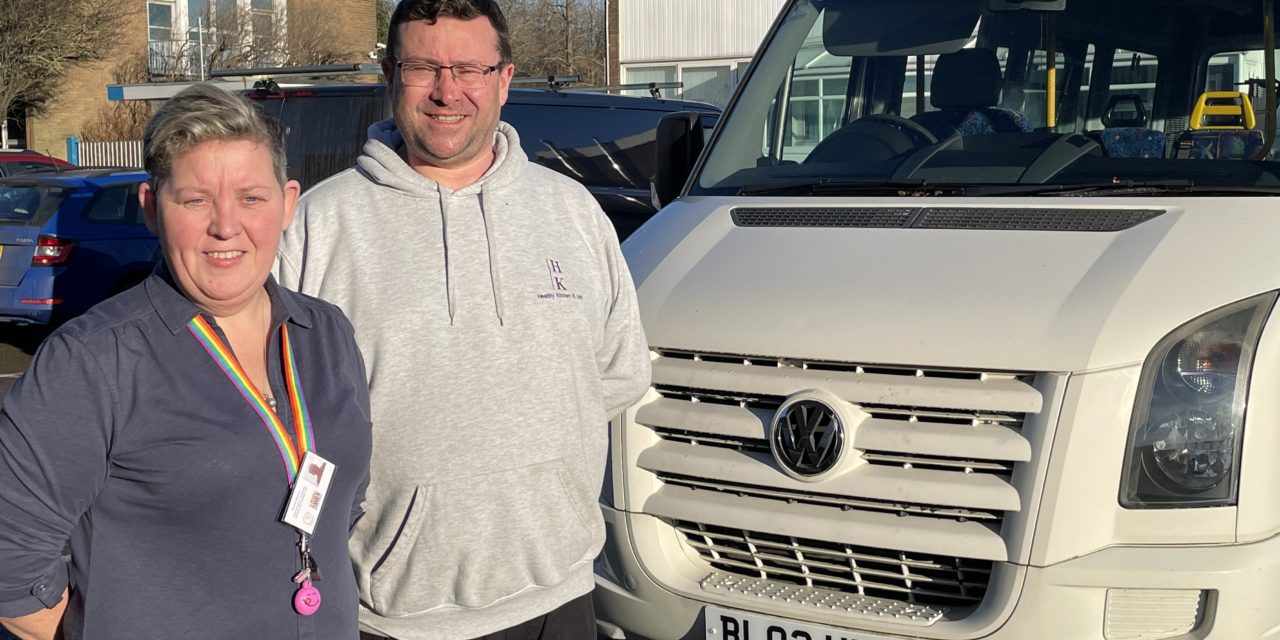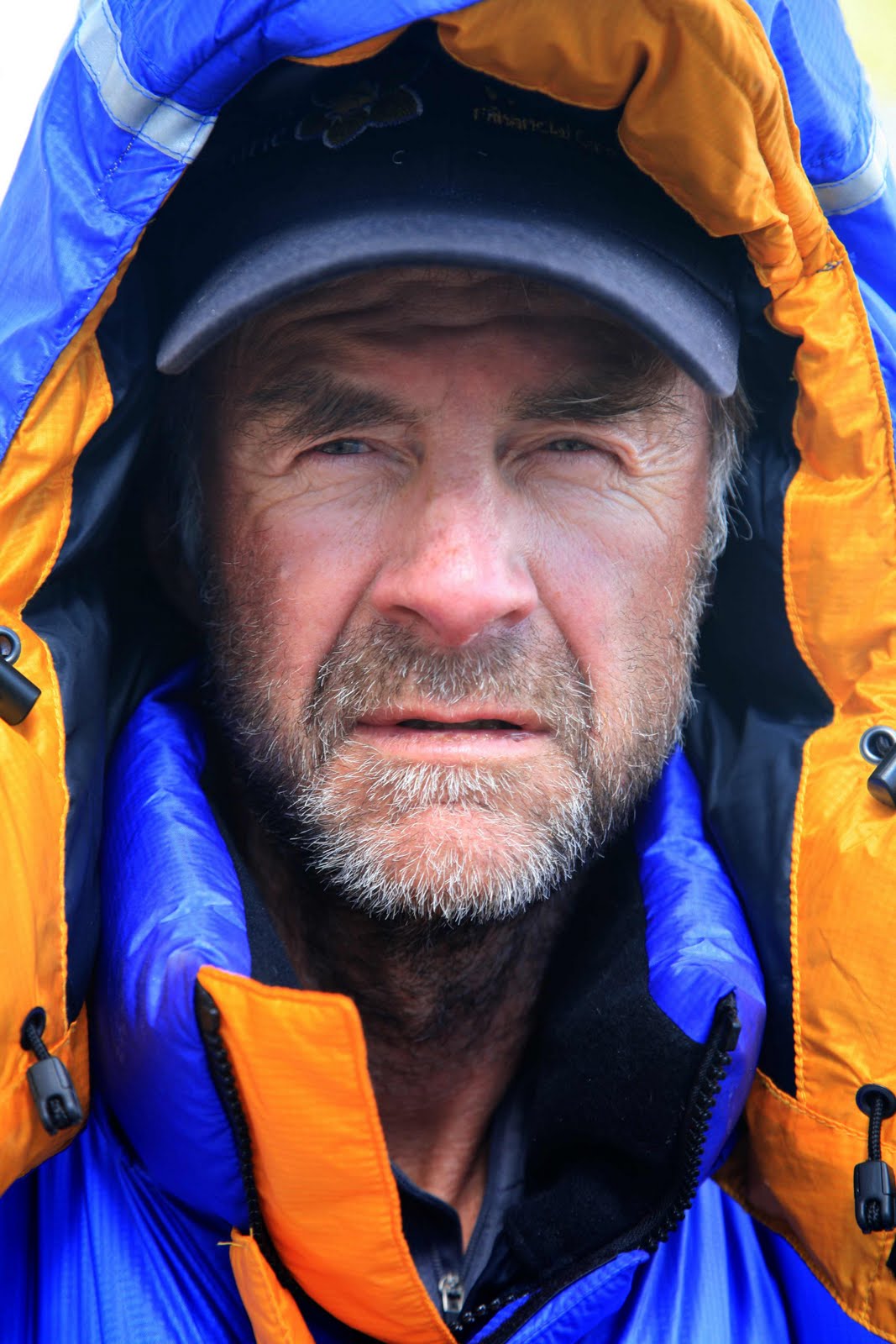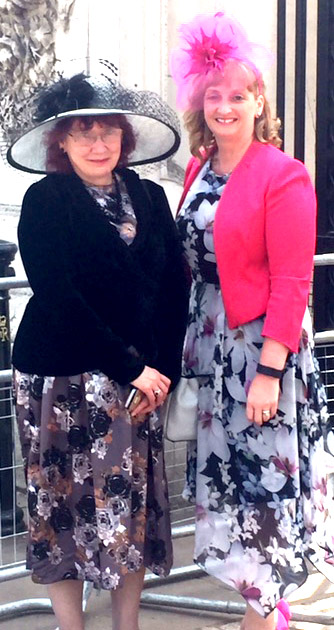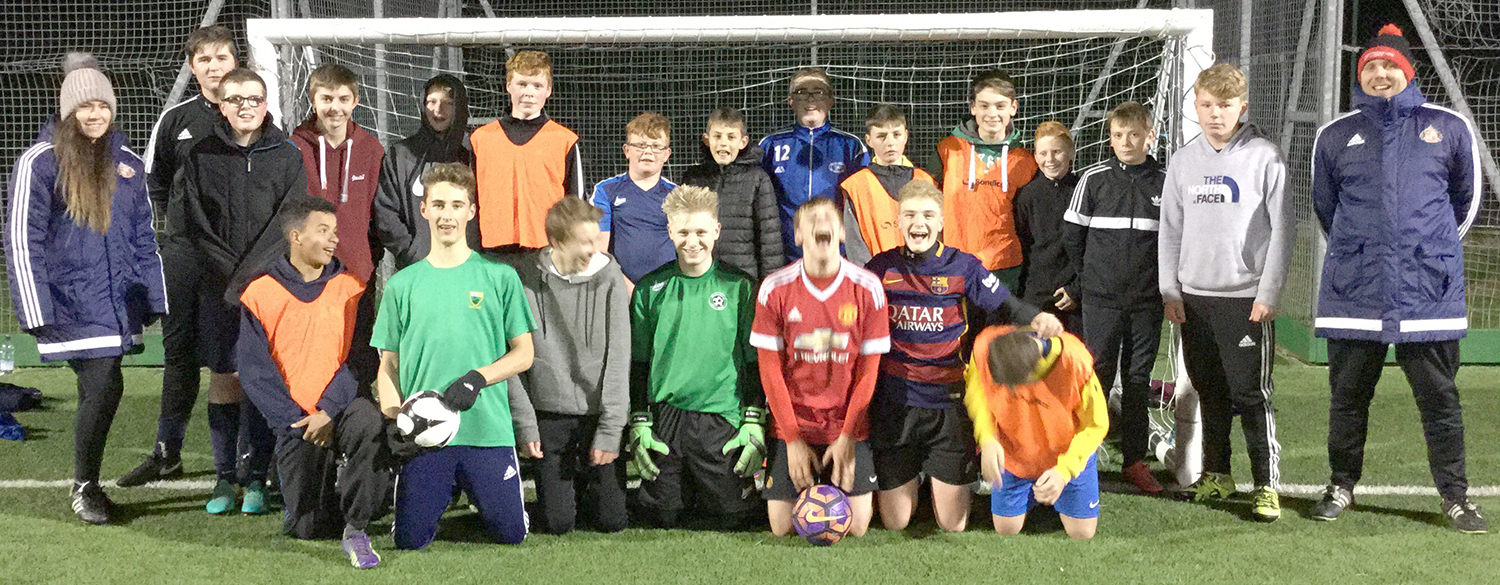With many people experiencing the ‘January Blues’ with bills from Christmas to pay, bad weather on the horizon and COVID restrictions, mental health issues are increasing throughout the region.
The effects of mental health and depression are often more prevalent for ex-service men and women, some who have PTSD and have spent much of their service lives where everything is organised within their tightly knitted communities. Now, a County Durham organisation for veterans is offering help and support to those in need from their base in Newton Aycliffe.
The Veterans Community Hub was created to help all veterans, and the local community, access a range of services and training. It offers a range of classes as well as a place to meet others in a safe environment. Popular courses include cookery, pottery, furniture restoration, woodworking, vehicle renovation and art. In addition, as a service to the community, healthy, nutritious meals are cooked on site and delivered to families in the area needing extra support.
Ex RAF officer and Hub manager David Routledge explained how the organisation worked:
“We’ve brought together a group of like-minded people who have their own companies who help veterans with their own specialist skills. We are all under one roof which helps us to provide a seamless welfare and training package for the people who come to us. It means that we can all identify people who need additional support and either direct them to our in-house experts or to external help.”
A new addition to the hub is the counselling and therapy provision which is run by ex-army nurse Donna Murray. Donna is a qualified therapist offering counselling and life coaching. She is supported by a team of therapists who also offer mental health awareness and suicide prevention training.
Donna is particularly interested in helping those who fall into a hard-to-reach category including LGBT, the homeless, disabled people, and females.
“Help for male veterans is very well funded and supported yet a lot of women veterans face barriers when accessing support. The armed services are traditionally a very male focused environment and there is still a culture of people not admitting that they have a mental health problem. What my team is doing is trying to talk to these people to see if they need our help.”
As well as offering a drop in facility at the Hub, Donna has worked with her colleagues to provide a joined-up outreach service using a mini bus. The bus is equipped with a seating area for chats and refreshments and healthy meals cooked in the Hub can also be served. In addition, a hairdresser will be onboard as well as facilities for veterans to tell their stories on a video camera which can then be replayed back to others. The bus is nicknamed ‘Bluey’ after the communications notes used in the military and will operate from Helmsley in Yorkshire up to Northumberland.
“We’re very aware that NHS waiting lists for mental health cases are very long and we aim to help people’ who see us at the Hub’ within a week. Some of the activities and complementary therapies we do here can have a positive effect very quickly such as listening to music, creative arts such as painting and pottery and getting involved in a woodworking project. We then offer psychological support, but everything is at the pace needed by the individual,” said Donna.
David Routledge added: “In the short time since August that we’ve been open, we’ve helped countless veterans in many ways. The advantage we have here is that everyone has served in one of the armed forces and we have a shared understanding and empathy which has been invaluable.”
Mental Health Issues at the Hub of Veteran’s Organisation










